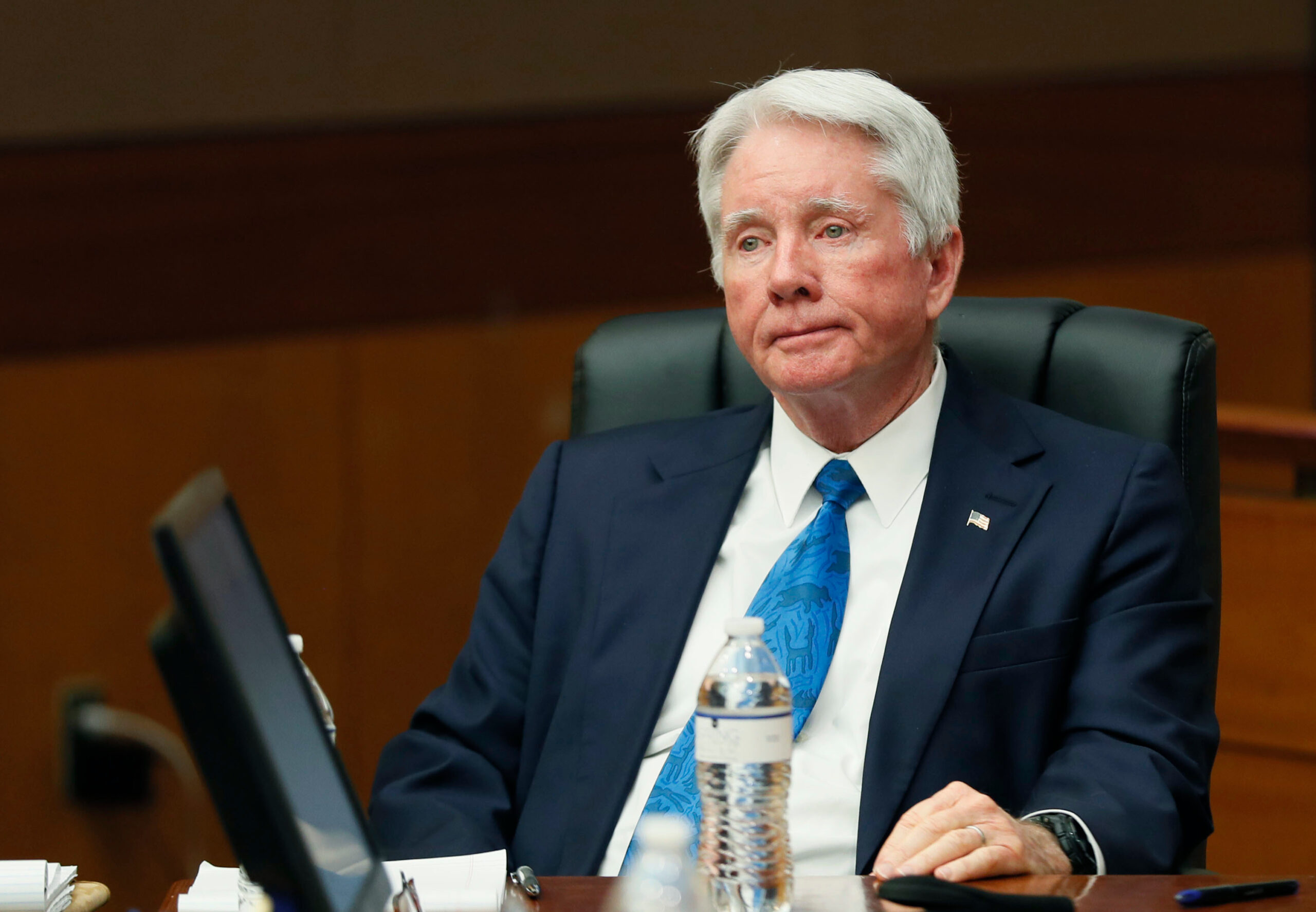Advocates who rallied behind enforcing federal behavioral health parity rules in Georgia are pushing for continued reforms of the state’s system – including more work on parity.
This year’s bipartisan mental health law took effect early this month and is still being implemented, and advocacy groups are calling for additional changes that they argue will help make sure insurers are not discriminating against Georgians with behavioral health needs.
An insurance company’s network adequacy – or the availability of in-network providers – is the “beating heart” of behavioral health parity, said Peter Nunn, a board member with the Georgia chapter of the American Foundation for Suicide Prevention.
And when it comes to behavioral health, Nunn said an insurer’s directory can appear more robust than it really is, arguing there are “numerous phantom networks” in Georgia.
“We’re seeking nothing radical in our network adequacy advocacy. We are simply seeking for insurers to provide the care that they promised Georgians and for which the insurers received tens of billions of dollars in premium payments each year,” Nunn said.
To illustrate the lingering problem, state Sen. Sally Harrell said she has struggled to access timely care for her own family. The Atlanta Democrat said she was told it would take two to three months for an appointment and another two to three weeks for follow-up appointments.
“That’s not mental health parity, waiting for two to three months for a child who you think is in crisis,” Harrell said. “So, what do you do? You do your best to keep that child happy and healthy. But those problems don’t go away. Those problems stay there and come back later in worse form.”
State Rep. Mary Margaret Oliver, a Decatur Democrat who co-sponsored this year’s bill, said she is watching for the state insurance commissioner’s new consumer complaint process. Today, the state agency offers this complaint process on its website.
“The parent who can’t get an appointment for three months needs to make a complaint today,” Oliver said. “And that’s a message that I want to carry forward every chance I get between now and the next bill.”
The advocacy groups held a press conference at the state Capitol Monday to outline their updated “unified vision” for overhauling mental health and substance use care in Georgia. The coalition was influential in helping to push through this year’s bill even when far-right activists tried to derail Republican House Speaker David Ralston’s top priority for the year.
The groups are advocating for funds to be set aside for a marketing campaign that would educate consumers about their parity rights and the state’s complaint process.
They are also pushing for an independent process that allows Medicaid enrollees to search for and schedule appointments online with an in-network behavioral health professional. Failures to identify a provider on the proposed website within the managed care organization’s time and distance requirements would trigger a notice first to the organization and later to the state if not resolved.
Advocates are pushing for these enhanced parity measures even as they work to rally support for new initiatives related to workforce shortages, equity, and early identification and prevention focused on children.
“Let’s keep children out of jail. Let’s keep them off the streets. And let’s keep them in a safe place,” said Abdul Henderson, executive director of Mental Health America of Georgia. “That is going to be one of our most important agenda topics for this next session.”
Another group to watch in the legislative off-season is the reform-minded behavioral health commission that continues to meet regularly and is expected to issue a new set of recommendations before next year’s session.
“It’s not just the year but it’s the decade of mental health reform, and we’re not done,” Kevin Tanner, a former state representative who leads the commission, said shortly after the 2022 legislative session ended.
And at the mental health bill signing in April, Ralston said the measure was “not the end, just the end of the beginning.”
This story was provided by WABE content partner Georgia Recorder.









